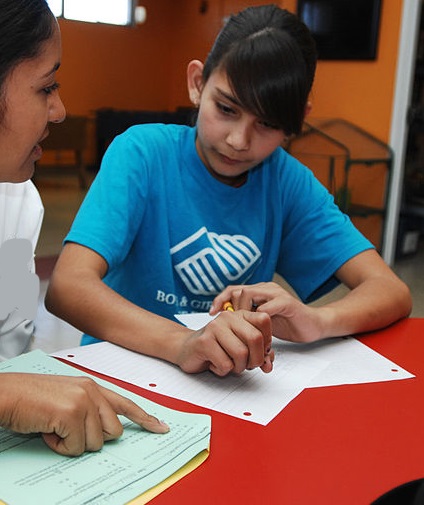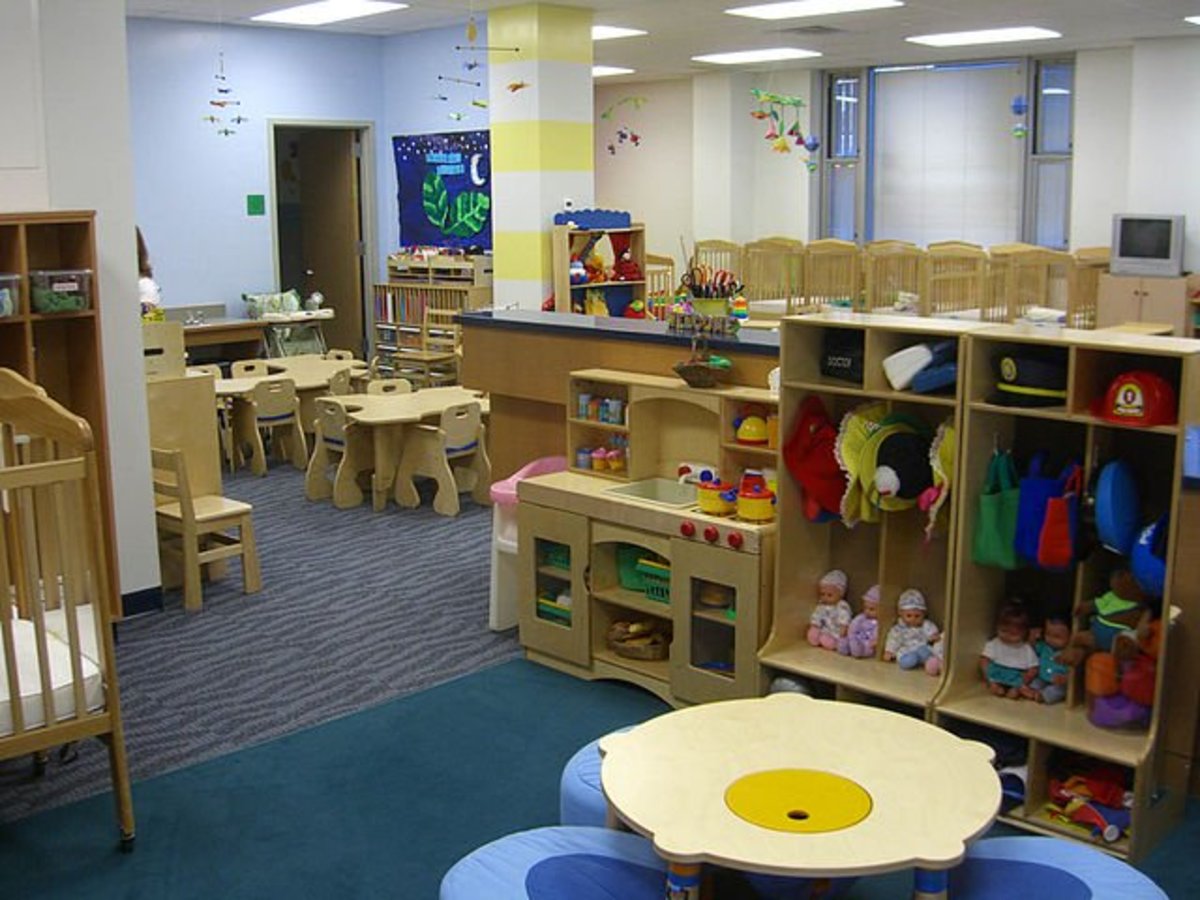Back To School: Get Your Children Off To a Successful Start

Preparing for Back to School
It's back to school time again, and the first few weeks can set the tone for the rest of the school year. For this reason, it is important to be sure that your children get off to the best start possible. There are several factors to consider that can make or break your child's first few weeks. Follow these five simple guidelines, and your child's school year will be off and running in a positive way.
Preparation
1) Preparation - Preparing for the next day before going to bed is the best way to make sure busy school mornings go smoothly. Homework should be already in the backpack, along with anything else the child needs to take to school that day such as gym suits, projects or permission slips.
Prepare as much as possible of the lunch/snacks that your child will be bringing in advance, leaving only items that need to be freshly made for the morning. Lunchbox should be ready to pack on the kitchen counter. If buying lunch, make sure the money or lunch ticket is safely zipped in a small pocket of the backpack.
Have your child get used to laying out his/her clothes for the following day before going to bed as well. This will ensure that they have clean socks to wear, for example, and will prevent a panicked search for a favorite pair of jeans. Make sure they have everything ready, right down to the shoes they will wear.
Below are some tricks to getting the best use out of your child's backpack.
Best Use of Your Child's Backpack
Bedtime and Wake-up Time

2) Bedtime - It is vital that your child get a good night's sleep to function well in the school environment. A sleepy child can be cranky, will not be able to concentrate as well during the school day, and will not process and retain what is taught as well as a child who is rested. In addition, getting used to new routines, classmates, teachers and perhaps a new school are all very stressful for a child. Sufficient sleep is one way to combat that stress and help your child to cope.
A "lights out" time is important, and should be based on the age of your child. Ten hours of sleep is a good ball park figure for most school-aged children, but your child may need more or less. Allow for an hour in the morning before the child has to be in the car or at the bus stop. The child's bedtime should be consistent, in order to help him/her establish a healthy routine.
3) Wake-up time - Just as important is your child's wake-up time in the morning. It is good "practice" for adulthood to allow your child to get him/herself up in the morning without you having to wake them. Even a young child can be taught to turn off an alarm clock or radio. You will have to serve as back-up for sleepy children, of course, but if your child has consistent difficulty getting up for school, it may be a sign that the bedtime hour needs to be adjusted.
Your child should have a nutritious breakfast every morning. It's true that breakfast is the most important meal! A child who doesn't eat breakfast is likely to have trouble concentrating in school. If your teenager won't eat breakfast, try getting at least a breakfast bar or protein drink into them before they go.
Homework

4) Homework - After perhaps a half hour to an hour of down time and a healthy snack and drink, your child should be ready to do his/her homework. Children are often dehydrated by the time they get home from school, and a drink will help them concentrate better on homework. TV should be off during homework time, and there should be a designated place in the house where the homework will be done. A clear kitchen table is ideal, especially for younger children who will be needing help and guidance in completing their assignments.
If your child has more than an hour of homework, or if it is particularly difficult for them, it is fine to take it in 20 minute chunks, with 10 minute breaks in between. The breaks should not include TV or video games, however, since these will distract the child and make it less likely that they will return to finish the homework. Instead, a bike ride around the block or spending time with family or pets will offer the needed break. Be sure to re-direct your child to the homework after no more than 10 minutes. If your child is still having trouble completing homework, it may be a good idea to discuss the problem with their teacher.
Once homework is finished, your child is free to enjoy the afternoon and evening without worrying about getting it done. For this reason, it is preferable to do the homework in the afternoon, rather than waiting until evening when the child will be tired and distractions such as friends and TV programs will make it more difficult to focus your child.
Here are some additional tips for preparing your child for back-to-school.
Preparing for Back to School
Go With the Flow
5) Take it Easy - Remember that the first few weeks of the school year are quite stressful on a child, especially the younger ones, so expect that they will be over-tired and may act out a bit. Try to let it pass without too much fuss. Remember that in a few short weeks your child will adjust to the schedule and demands of the school day and behavior will improve.
If you are not able to be at home when they return from school, be sure there is an understanding adult present, ready to listen to them talk about their day. Relating the day's events is an important part of releasing stress and allows the child to move forward with other things in the afternoon.
Listening to your child talk about school is important, but make sure they also get some relaxation time in the evening, away from the topic of school, to give them a break from the stress. Patience and understanding are a parent's best friends during this time! Most of all, approach the new routines with a positive attitude, and set an enthusiastic tone for your child's first few weeks of school.
© 2014 Katharine L Sparrow








